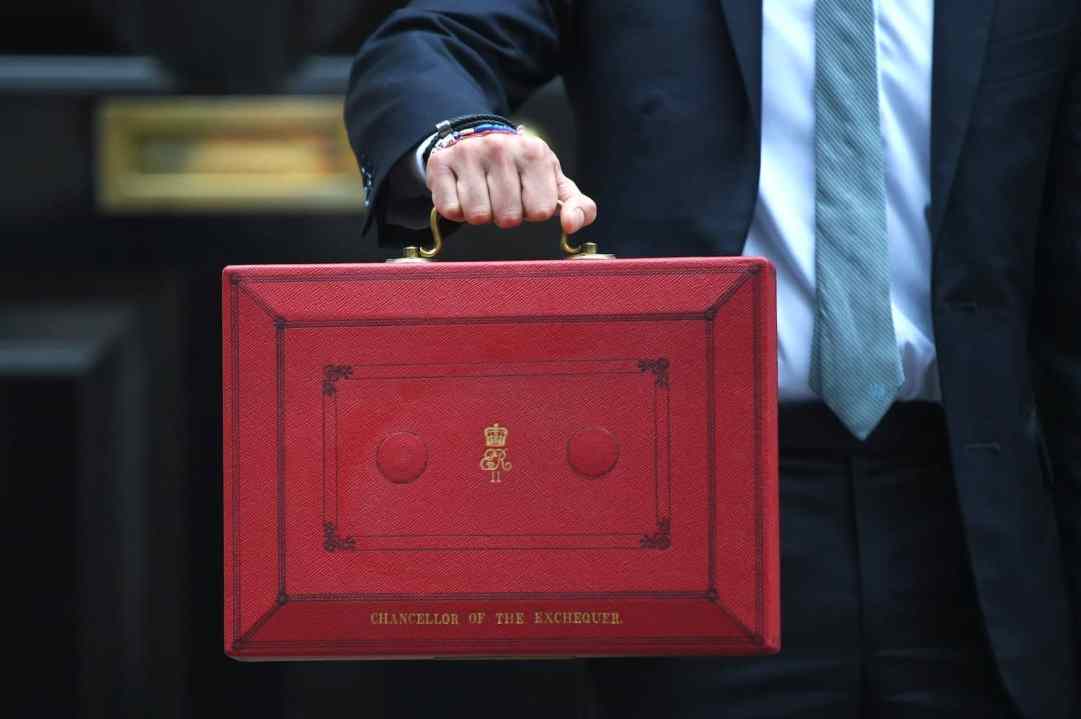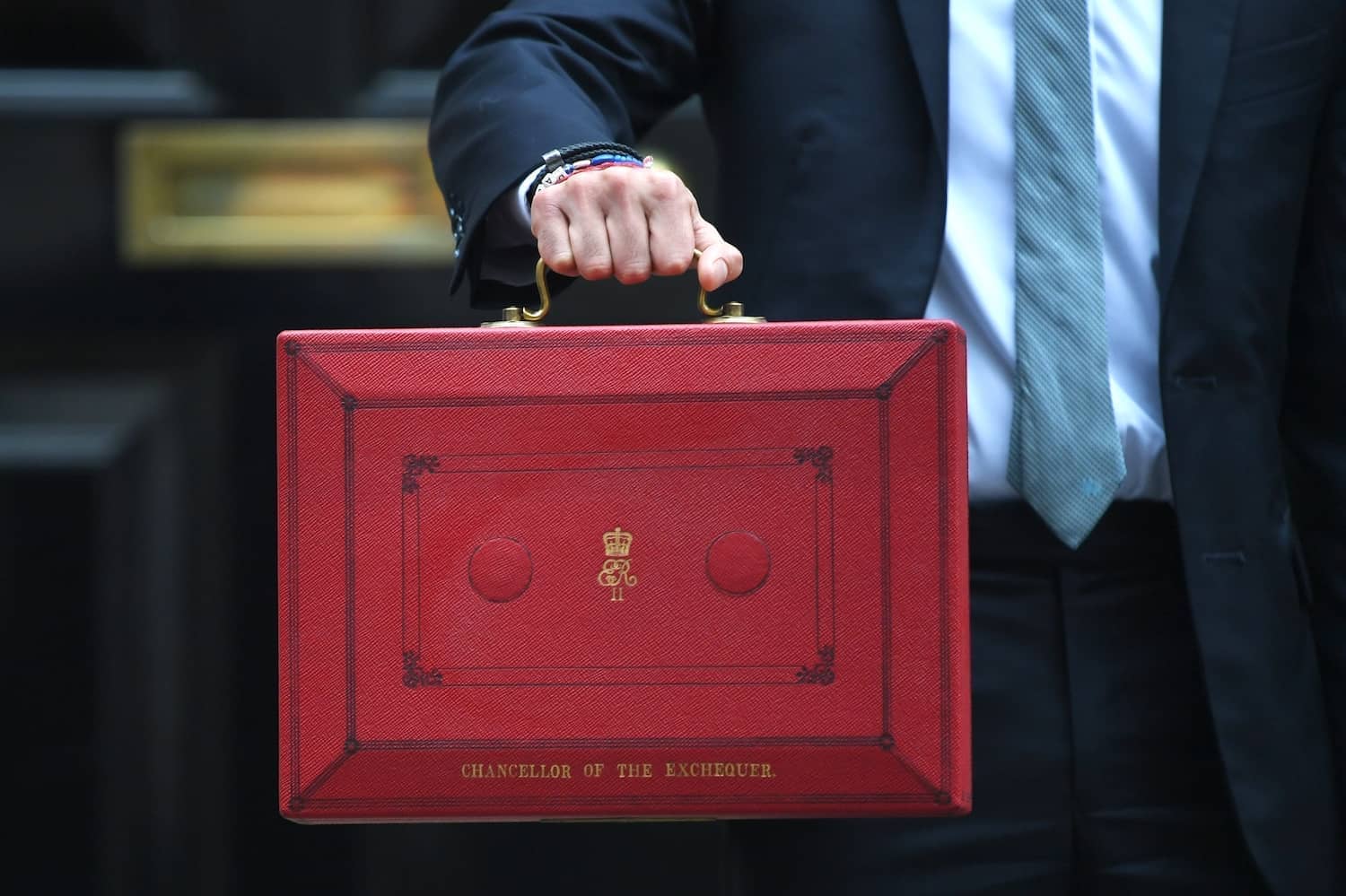When Rishi Sunak first envisaged this year’s spring statement, the idea was that it would be policy light. Instead, it would serve as an economic update on the latest forecast and give him a chance to lay out his broad tax aspirations for the year ahead. However, Russia’s full-scale invasion of Ukraine means that the goalposts have moved. The Chancellor has had to adjust to the fact that he has come to the end of one crisis only to be greeted by the next.
With the economic fallout from Ukraine only exacerbating the cost of living crisis, Sunak is under pressure to announce measures to ease the pressure on households. So, what can we expect? On the broadcast round on Sunday, Sunak was keen to stress that while he would do what he could to help, government could not fix every problem and he was limited in how much he would be able to help.
Sunak is under pressure to announce measures to ease the pressure on households
Instead, the spring statement will focus on what will help in the short term. There is a sense that on things like energy bills, there is time to wait until the next price cap hike in October to work out the level of volatility rather than announcing a new package this week.
But there are two areas where Sunak is under pressure to act now. The first is on fuel duty – with 50 Tory MPs last week signing a letter calling for a cut in the tax. With prices spiking now – fuel has surged to a record high of £1.66 for a litre of petrol and £1.79 for diesel – time is of the essence. The indications from the Treasury so far is that this is something they are seriously considering, with hints that a cut is on the cards.
The other area of contention is the National Insurance hike, due next month. Labour is calling for the Conservatives to scrap it altogether and there are plenty of Tory MPs who agree. However, this is unlikely. Sunak believes it is important it stays as the money it will raise has already been allocated – on NHS and later social care – and the Tories cannot be the party of unfunded spending. This is why the idea now gaining traction is to raise the threshold at which National Insurance contributions are paid – thereby meaning those at the lower end of the earning scale could be spared it.
Both ideas are being seriously considered by the Chancellor. Tory MPs are quick to point out that Sunak could have the ability to do so. The Institute for Fiscal Studies has said that rising inflation means that the Treasury could amass £13 billion more than expected through Sunak’s freeze on income tax personal allowance and higher rate threshold. With the Chancellor insisting over the weekend that despite his track record so far he is a low tax Tory, Wednesday offers a chance to show that he means it.








Comments